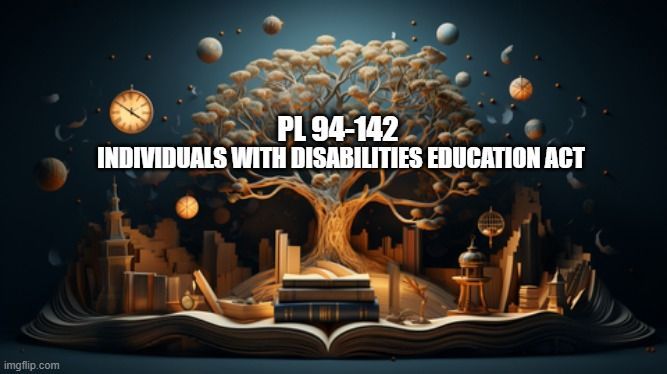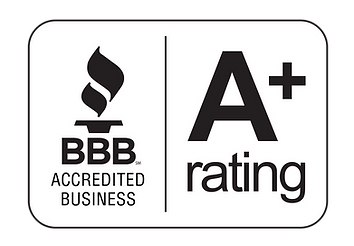Taxable Settlements | Advance Premium Tax Credits
What Happens to Your APTC may be No "Tee Hee"

There are alot of things to think about when you have a lawsuit involving taxable damages and the case is headed toward settlement. One area that does not get alot of press and may be overlooked is Advance Premium Tax Credits (APTC).
You Could Owe More Than You Think
Plaintiff lawyers and their clients settling taxable settlements need to be mindful of the effect that a taxable settlement will have on plaintiffs, including their spouses and their dependents, who are:
- enrolled in the Health Insurance Marketplace
- receiving Advance Premium Tax Credits
Here is what the IRS says:
"If you are settling a taxable settlement, Important Note about Health Insurance Coverage. If you, your spouse, or your dependent enrolled in health insurance coverage through the Health Insurance Marketplace and advance payments of the premium tax credit were made to the insurance company, let the Marketplace know if you have a change in circumstances such as a taxable settlement resulting in an increase in your income. Reporting changes allows the Marketplace to adjust the amount of your advance credit payments, which helps prevent large differences between your advance credit payments and the premium tax credit you are allowed.
Source: IRS Publication 4345 Rev. 9-2023
You can also find out more about the tax-related provisions of the health care law at irs.gov/affordable care-act. See IRS Publication 5152, Report changes to the Marketplace as they happen"
What is the Advance Premium Tax Credit?
The Advance Premium Tax Credit (APTC) under the Affordable Care Act (ACA) helps make health insurance more affordable for people who buy their coverage through the Health Insurance Marketplace.
Here's a simple breakdown:
- What is it? The APTC is a refundable tax credit that lowers the cost of monthly health insurance premiums.
- How does it work? When you enroll in a Marketplace plan, the government estimates the amount of credit you're eligible for based on your income and family size. This estimated credit can be applied directly to your monthly premiums, reducing what you pay each month
- Who is eligible? To qualify, you must:
- Have a household income between 100% and 400% of the federal poverty level.
- Not be eligible for other coverage options like Medicare, Medicaid, or affordable employer-sponsored insurance.
- Be a U.S. citizen or lawfully present in the U.S.
4. How do you get the APTC? You can choose to have the Advance Premium Tax Credit paid directly to your insurance company, lowering your monthly premiums, or you can claim it when you file your taxes.
Questions and answers on the Premium Tax Credit | Internal Revenue Service
What is the Affordable Care Act?
The “Affordable Care Act” (ACA) is the name for the comprehensive health care reform law (passed in 2010) and its amendments. The law addresses health insurance coverage, health care costs, and preventive care. The law was enacted in two parts:
- The Patient Protection and Affordable Care Act was signed into law on March 23, 2010
- The ACA was amended by the Health Care and Education Reconciliation Act on March 30, 2010.
Source: Department of Health & Human Sercies of the United States of America (HHS.gov)
#taxablesettlementplanning #APTC #advancepremiumtaxcredit















